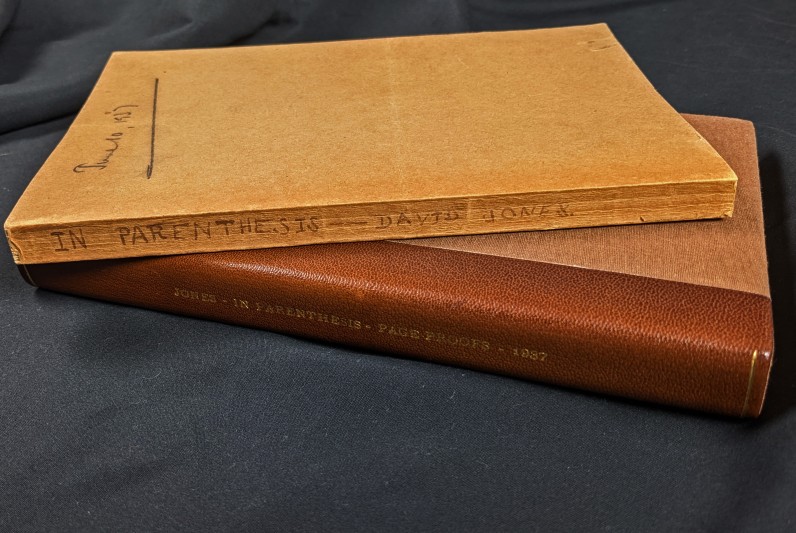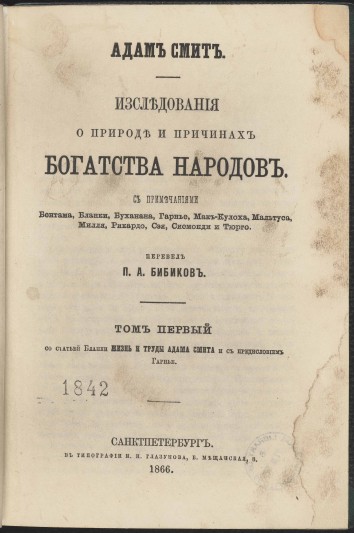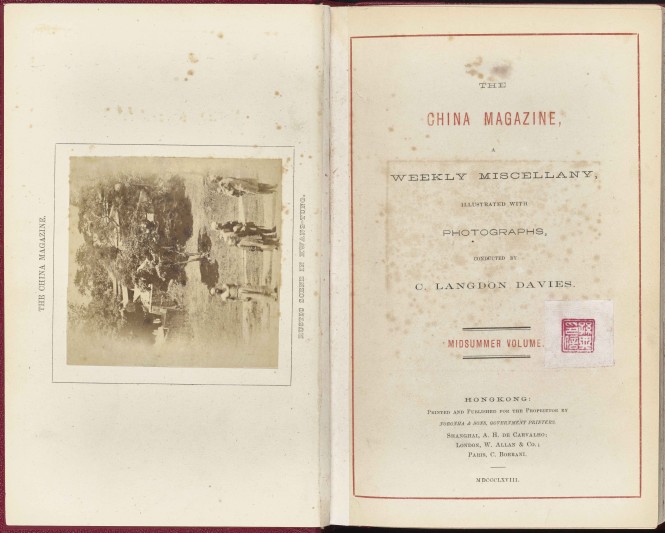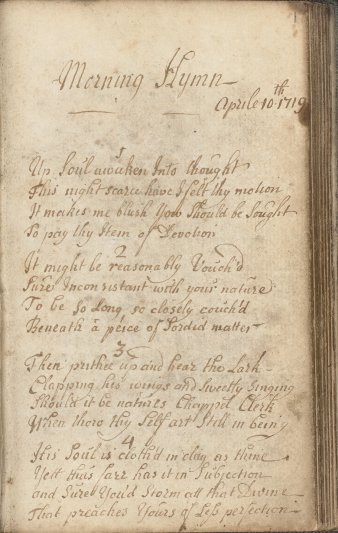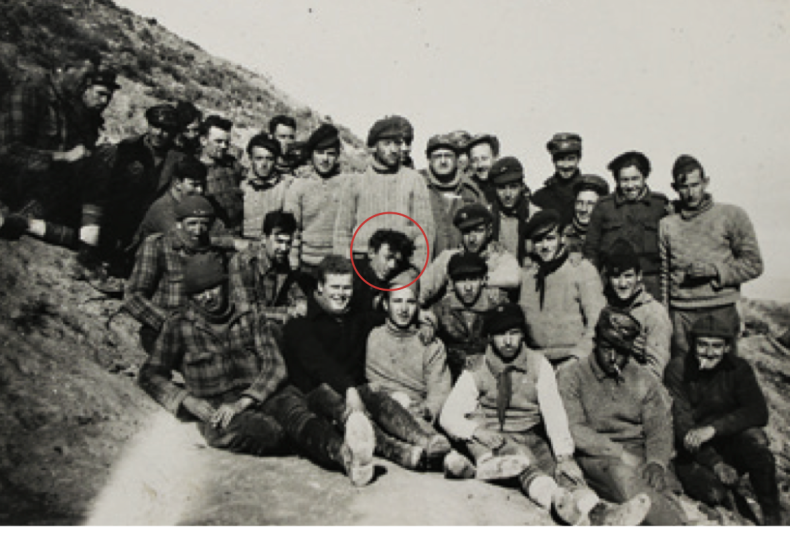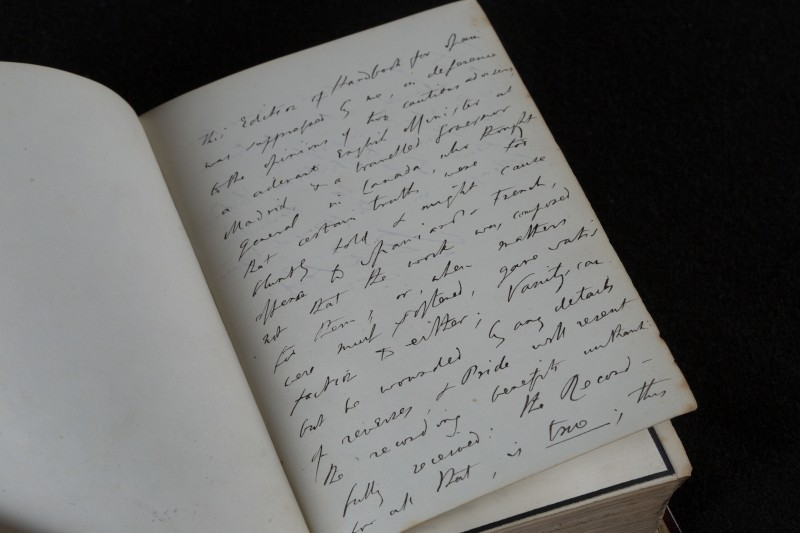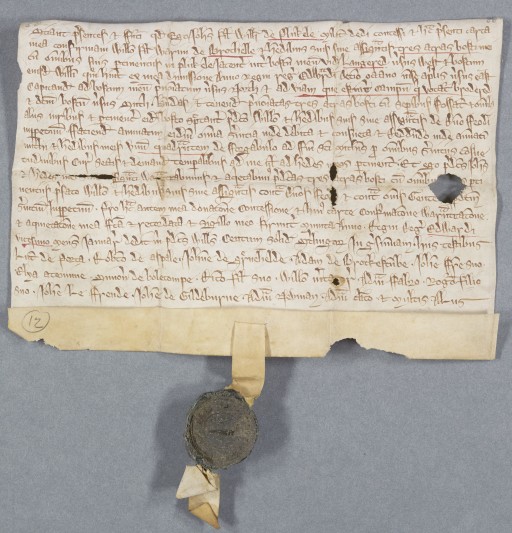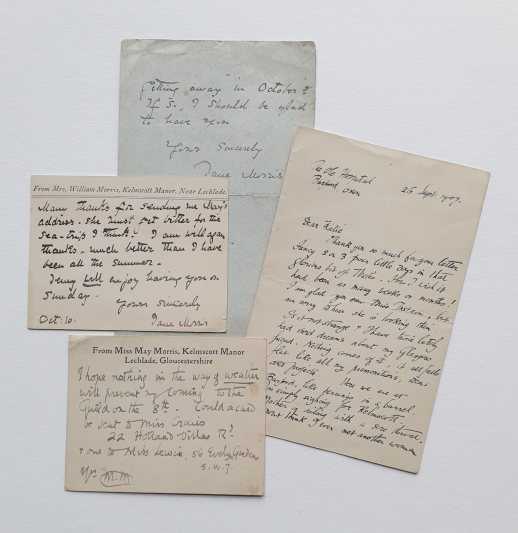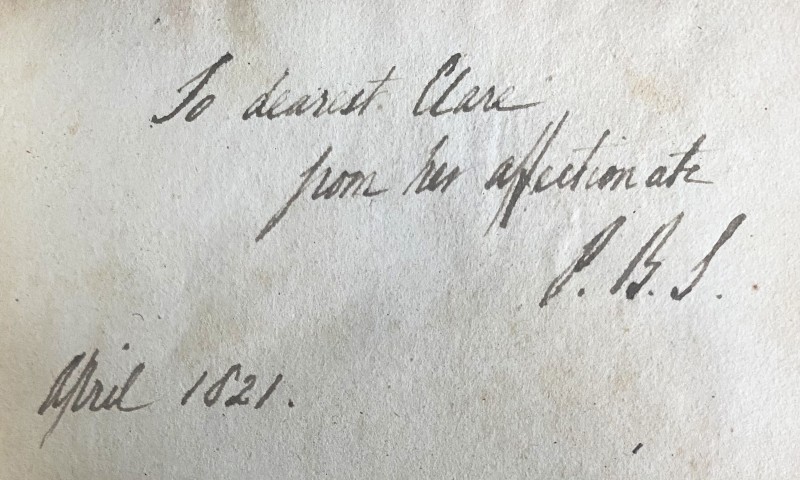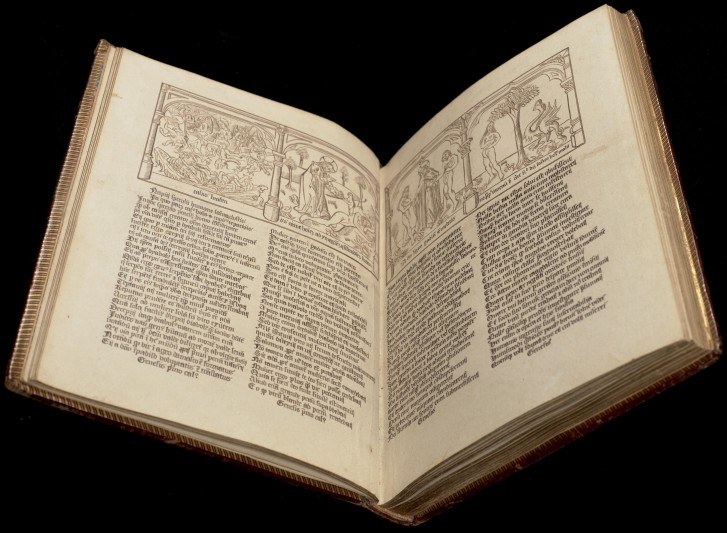Two items relating to ‘In Parenthesis’, the war poem written by artist, engraver and poet David Jones (1895-1974), namely a proof copy of the completed work and a draft radio script. ‘In Parenthesis’ was an immediate success and won the Hawthornden Prize in 1938. It was adapted for radio by Douglas Cleverdon and transmitted on the Third Programme on 19 November 1946, with Dylan Thomas and Richard Burton among the cast. This had a pre-recorded introduction from David Jones and the second item acquired by the Library is a three page manuscript draft - probably the final draft - of this introduction.
Search FNL grants since 1931
Adam Smith's 'Wealth of Nations' or 'Issledovaniia o prirode i prichinakh bogatstva narodov s primechaniiami Bentama, Blanki, Bukhanana, Garn'e, Mak-Kulokha, Mal-tusa, Millia, Rikardo, Seia, Sismondi I Tirgu'. The very first translation of Adam Smith’s Wealth of Nations into Russian was published between 1802-1806, was poorly regarded at the time, and is today virtually unobtainable.
The China Magazine was a short-lived periodical produced by and for the British ex-pat community in Hong Kong between 1868 and 1870. It is probably the first publication of any kind in the Far East to incorporate pasted-in original photographs. Only four volumes were published and there is only one known complete set, in Cornell University library in the USA.
The Church of Scotland Minister, Robert Blair (1699-1746) is an unusual figure in Scottish literature as he had a prominent reputation which rested on limited publications and virtually no original manuscripts. This volume represents the single biggest collection of Blair’s poetry and religious writings found to date, all of which are unpublished.
Smillie Archive, comprising the personal papers of Robert Ramsay ‘Bob’ Smillie (1917-1937), the labour activist and anti-fascist volunteer, together with papers of his father, Alexander Frame Smillie (1896-1984), and grandfather, Robert Smillie (1857-1940).
Richard Ford (1796-1858) was an English writer, collector and amateur artist. In 1830 he visited Spain and over the next three years in the country he made over 500 drawings. This copy of the suppressed edition of A handbook for travellers in Spain was described by Quaritch as ‘probably the most important copy of the suppressed edition of Ford’s classic Handbook, of which barely a handful survive.’ The suppressed edition is indeed exceedingly rare and Quaritch’s assessment of this particular copy is based on the fact that it is dedicated to the other great mid-19th-century writer on Spain and Spanish art, William Stirling Maxwell.
A collection of Kent charters 1264-1654 collected by Thomas Godfrey-Faussett, auditor to the Dean and Chapter of Canterbury from 1866, who must have purchased them at one of the sales of Dering family muniments. The charters (U4283) once formed part of the vast collection assembled at the Derings’ seat of Surrenden, Pluckley, until it was split up and dispersed by auction from 1853 onwards. They bear the unmistakeable traces of the leading Kent MP, religious controversialist, and acquisitive antiquarian, Sir Edward Dering, 1st baronet (1598-1644).
A collection of documents and ephemera relating to the residence at Kelmscott Manor of Jane Morris (1839 – 1914) and her daughter May Morris (1862 – 1938), and the Manor’s subsequent transition of ownership to Oxford University.
The book bears an inscription from Percy Bysshe Shelley to Claire Clairmont. This two-volume edition is one of only ten surviving books with Shelley's presentation inscriptions, and is the second Shelley-inscribed book to join the collection of the Keats-Shelley House.
An illustrated manuscript on large paper, reproducing the text and woodcuts of the second Latin xylographic edition of the 'Speculum humanae salvationis', executed by Jacques Fucien Lesclabart, one of the most famous French calligraphers of the eighteenth century.
